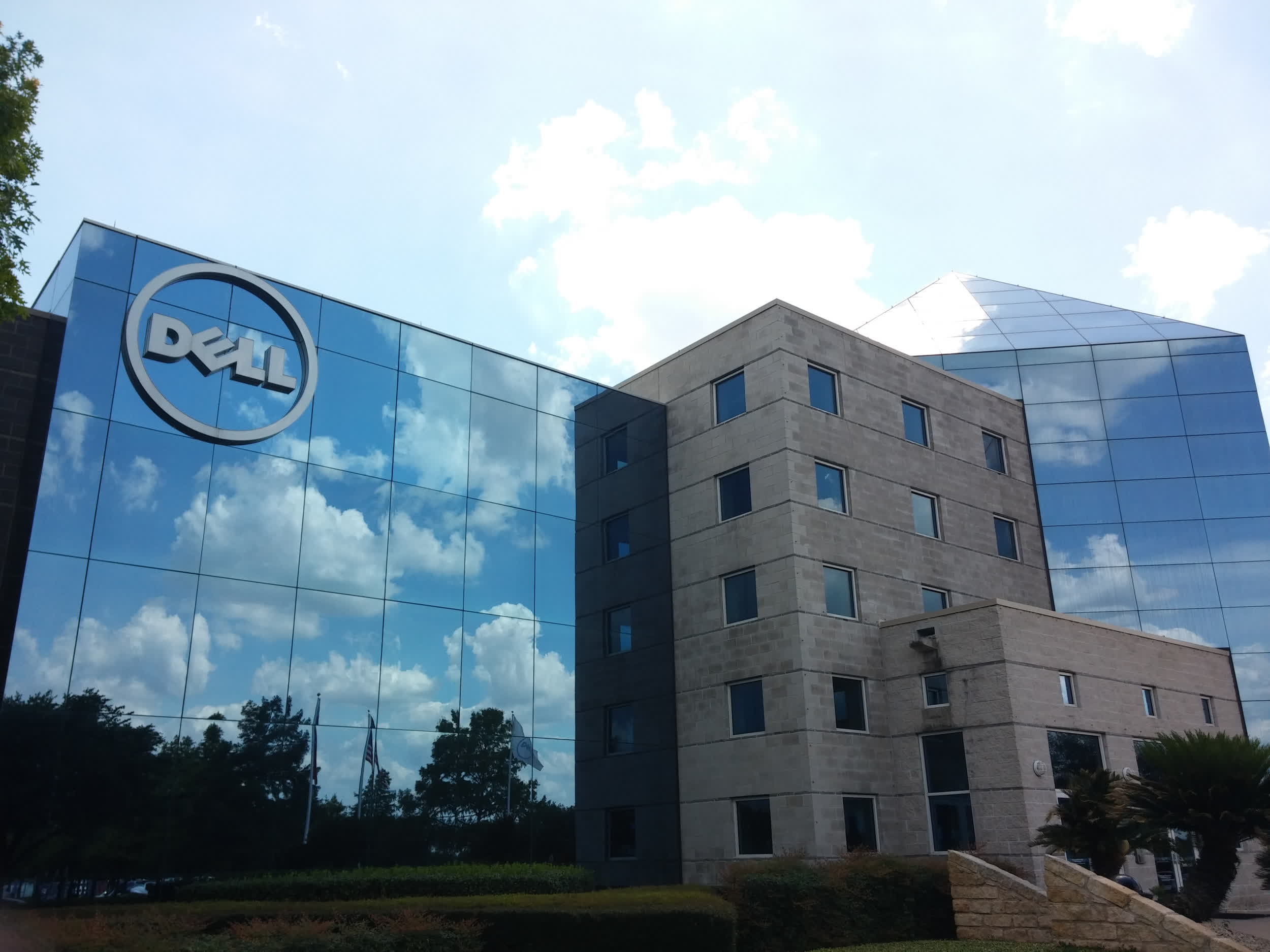In a nutshell: Dell recently announced its financial results for the fiscal year ending on February 2, 2024. Despite a downturn in the company's overall business performance, there was a notable increase in momentum for its artificial intelligence (AI) initiatives. This development was met with enthusiasm from shareholders, who were pleased with the news.
Dell recently said that revenue for fiscal year 2024 was $88.42 billion, a 14 percent year-over-year decline. Results for the year's last quarter were down as well to $22.32 billion (an 11 percent decline). According to Chief Operating Officer (COO) Jeff Clark, FY2024 didn't go as planned, but Dell was able to keep its focus on "operational excellence" and on delivering "solid earnings per share."
The PC manufacturing giant is determined to quickly adapt to a "dynamic market," Clark told shareholders, which means that the company is mostly focused on expanding business into the "high-growth AI opportunity" of today's hardware market.
Dell's momentum with "AI-optimized" servers continues, Clark stated, as orders have increased nearly 40 percent sequentially and the backlog has nearly doubled. AI servers were worth $2.9 billion in Dell's overall business for the fiscal year, and the company shipped $800 million of devices built for AI applications in its last quarter.

Dell is well positioned in AI, the company's COO said, and Wall Street agreed wholeheartedly. Market capitalization in after-hours stock trades was up 16 percent despite the declining sales. Demand for AI-optimized systems is still strong, Clark added, and Dell has now a whole portfolio of dedicated products including the flagship PowerEdge XE9680 server rack equipped with 8 Nvidia H100 GPUs.
The long-term prospect for AI applications is about on-premise solutions rather than the cloud, Dell stated, as customers can keep data and intellectual properties safe from prying eyes this way. PCs will be "even more essential" in this new market, as most day-to-day AI work will be done on the PC.
Dell reported that its Infrastructure Solutions Group (ISG) declined 6 percent in the last quarter of its fiscal year. Server and networking business was down 2 percent, while storage was down 10 percent. Meanwhile, the company's Client Solutions Group (which includes branded hardware such as desktops and notebooks, as well as peripherals such as monitors and projectors) was down 11 percent. However, profits were up 32 percent to $3.195 billion, a result achieved thanks to a 7 percent decline in operating expenses.
